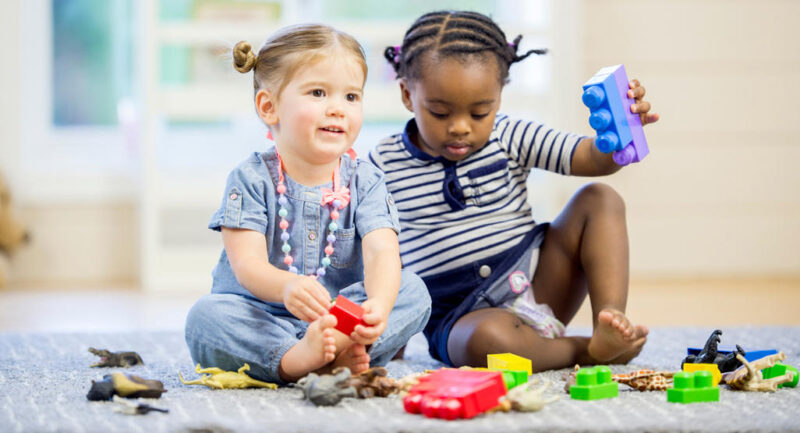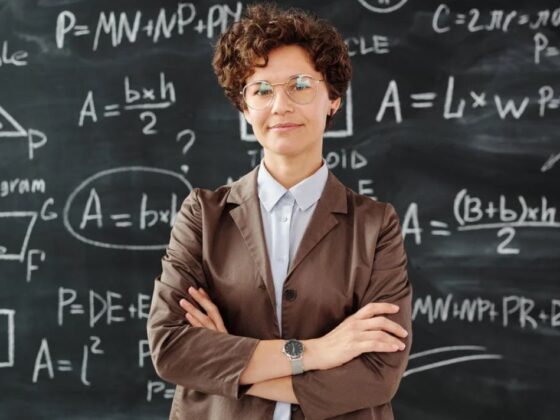There are a lot of things that pass through your thoughts when it comes to teaching new concepts to children. You can’t just force them to learn stuff since they’re filled with uncertainties. As a result, it has been discovered that puzzles are one of the finest methods to have fun while teaching your child important concepts that they will remember for the rest of their lives. Want to teach them to enjoy skills and expertise in math? Then why not get help from Cuemath.
What are educational puzzles and how do you solve them?
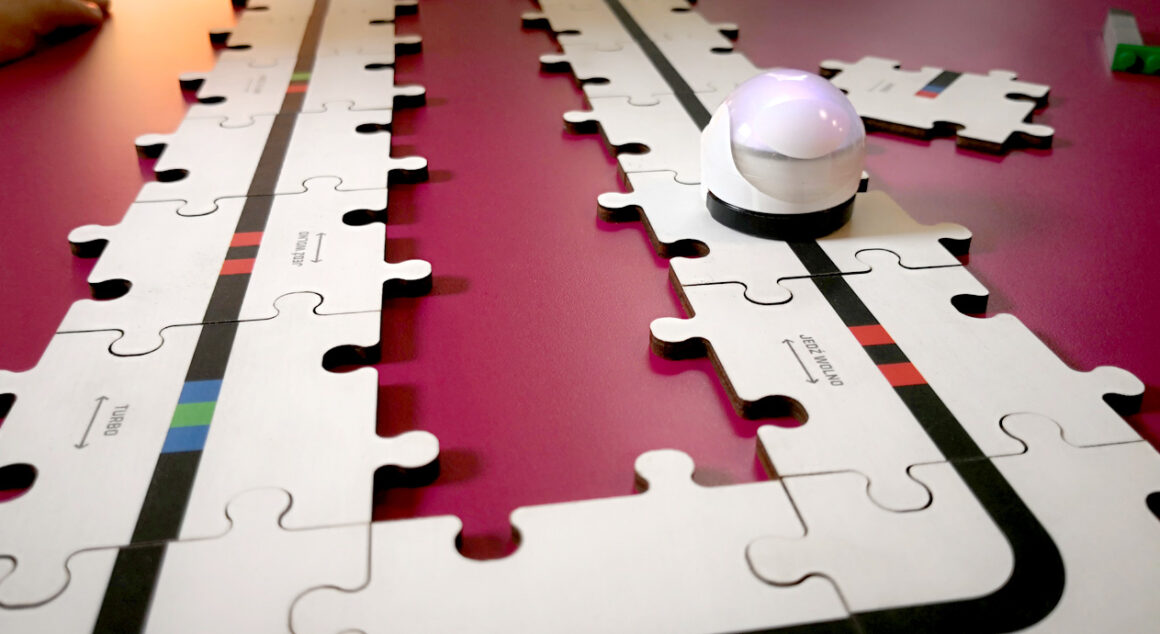
Educational puzzles are fantastic tools for introducing your child to the fundamental concepts of science, creativity, design, and math. These puzzles provide a variety of learning opportunities for children. Playing with these puzzles might be a fantastic way to encourage your child’s natural curiosity. These kinds of puzzles integrate science, innovation, design, and arithmetic concepts in a way that, all things being equal, is enjoyable for children.
What are the benefits of puzzles for children?
Let’s look at some of the benefits of utilizing puzzles to teach children:
1. Puzzles for Toddlers to enjoy their time
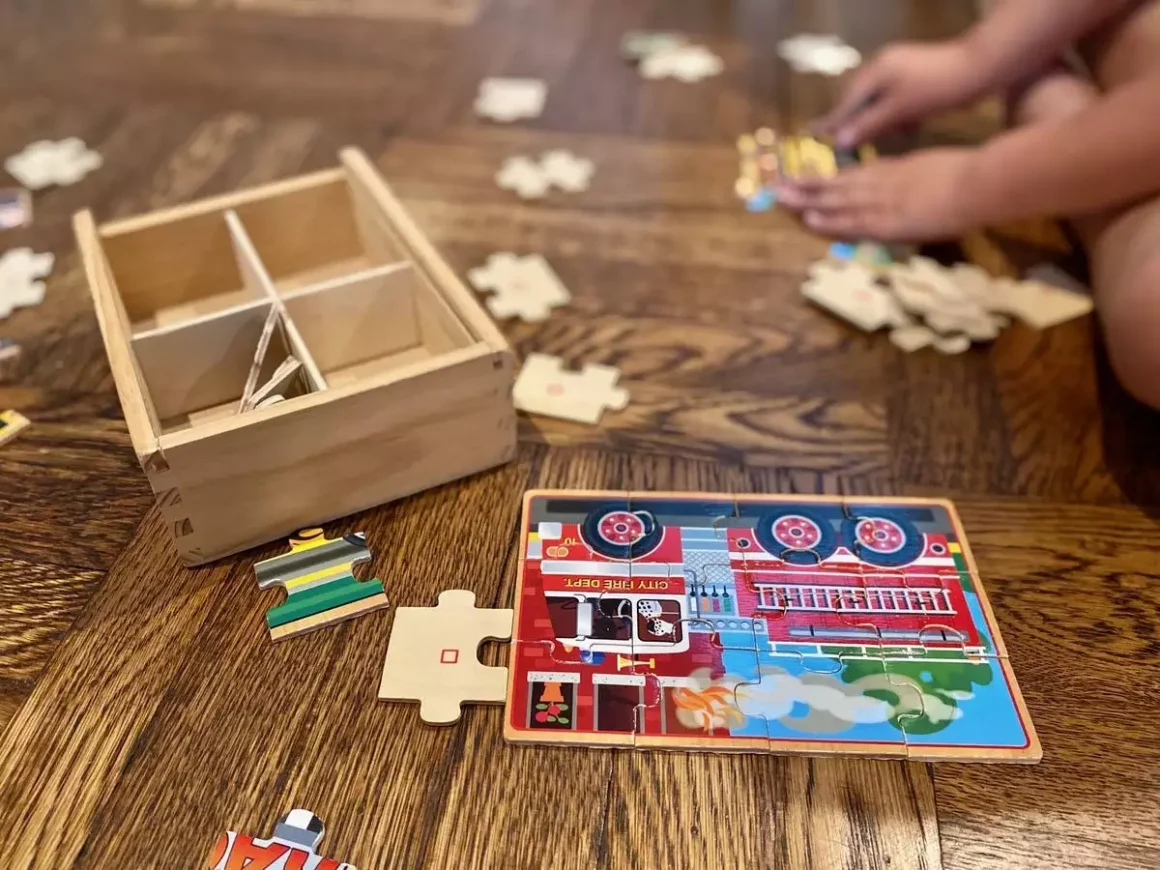
They can play with a more extensive assortment of puzzles than they did when they were more modest. They may in any case partake in a portion of the puzzles they played with as infants, and that is fine. Similar squares they played with a little while prior can give them new and different instructive open doors as their insight grows.
2. They assist your youngster in grasping a variety of mathematical topics
Math exercises may help your youngster understand a variety of mathematical concepts, from time tables to geometry. They can also assist youngsters in mastering arithmetic topics that are essential in daily life, such as telling time and handling money.
3. They improve fluency
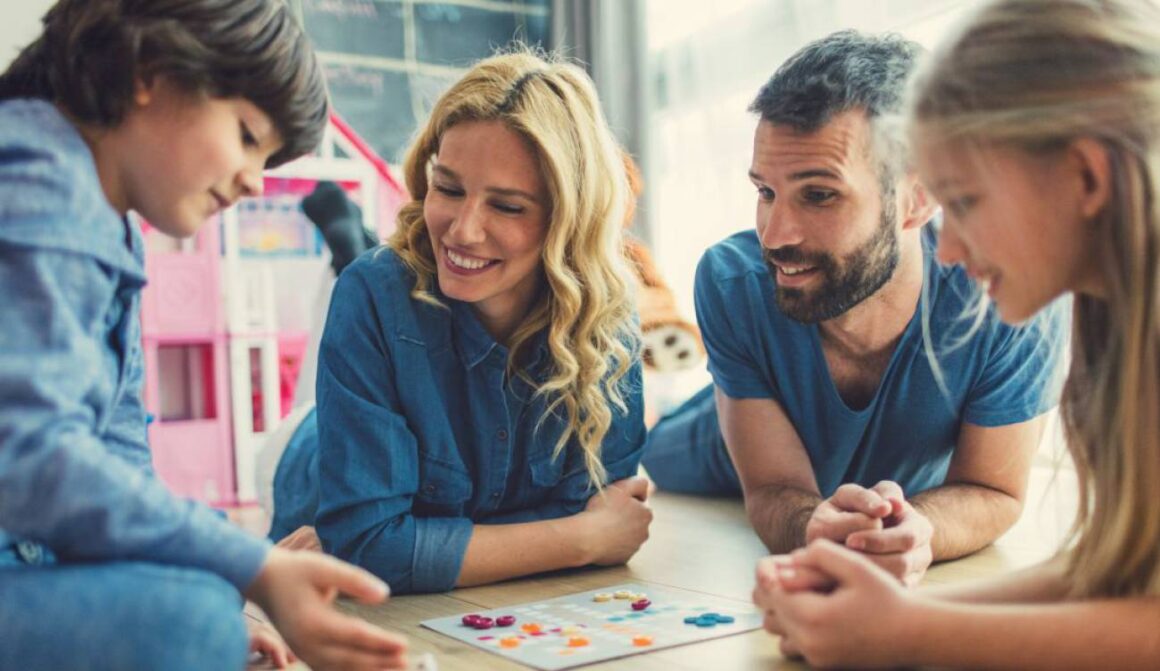
‘Math exercises help youngsters acquire numerical fluency and improve their ability to solve problems using mental representations,’ Liz explains. This is especially important for KS2 students, as a new times tables check will be implemented for Year 4 students in 2020.
4. Number problems assist in the development of strategic thinking
‘Math games assist students build their problem-solving abilities as well as their grasp of a particular mathematical idea,’ Liz explains. ‘Playing a game helps a youngster learn the rules and practise math at a basic level, but as they progress, they may think more strategically and push themselves farther.’
5. Preschool and School-Aged Children’s Puzzles
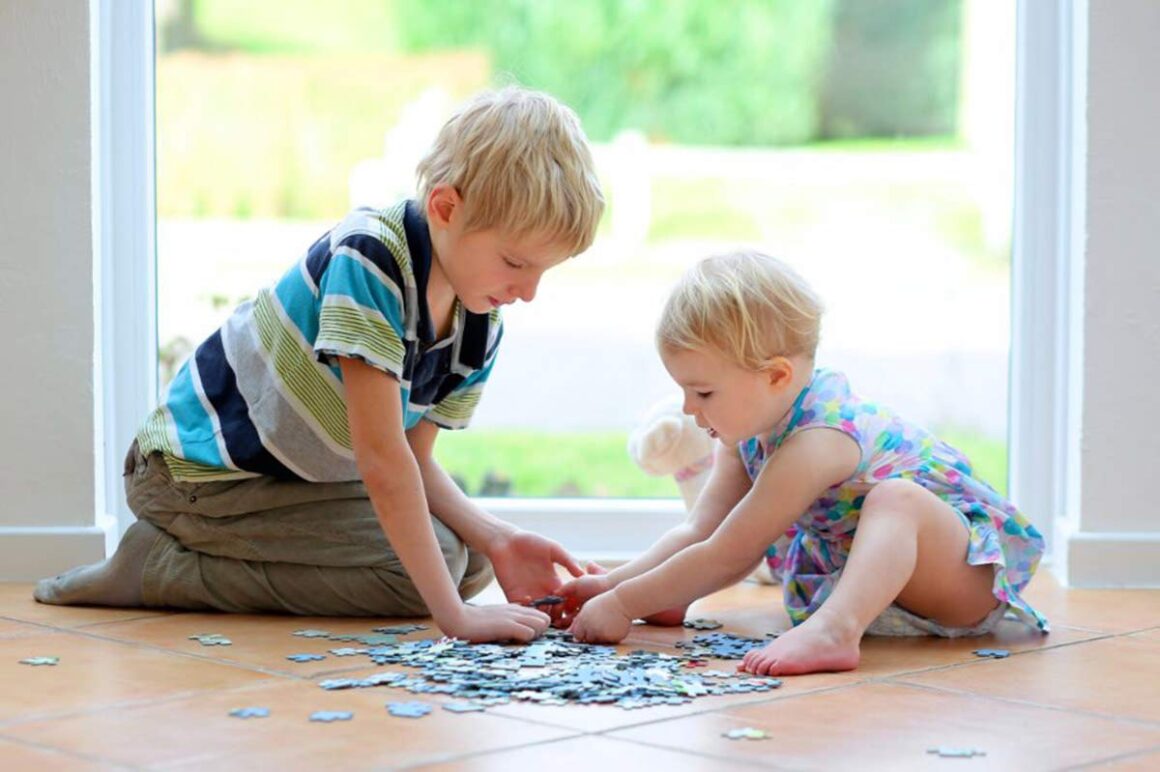
When children reach preschool age, they are in a great position to begin learning about letters, numbers, and language skills. From basic letter set riddles to super-advanced technological gadgets, there are a variety of puzzles that excite this type of learning. These might offer your child a head start by familiarizing her with concepts she will study in school.
6. They help students study better
According to an Australian study released in 2011, playing math games improves children’s learning significantly, with 83 percent of pupils and 100 percent of instructors indicating a substantial increase. Games have also been reported to improve children’s math enjoyment and confidence.
7. They teach abilities that are transportable
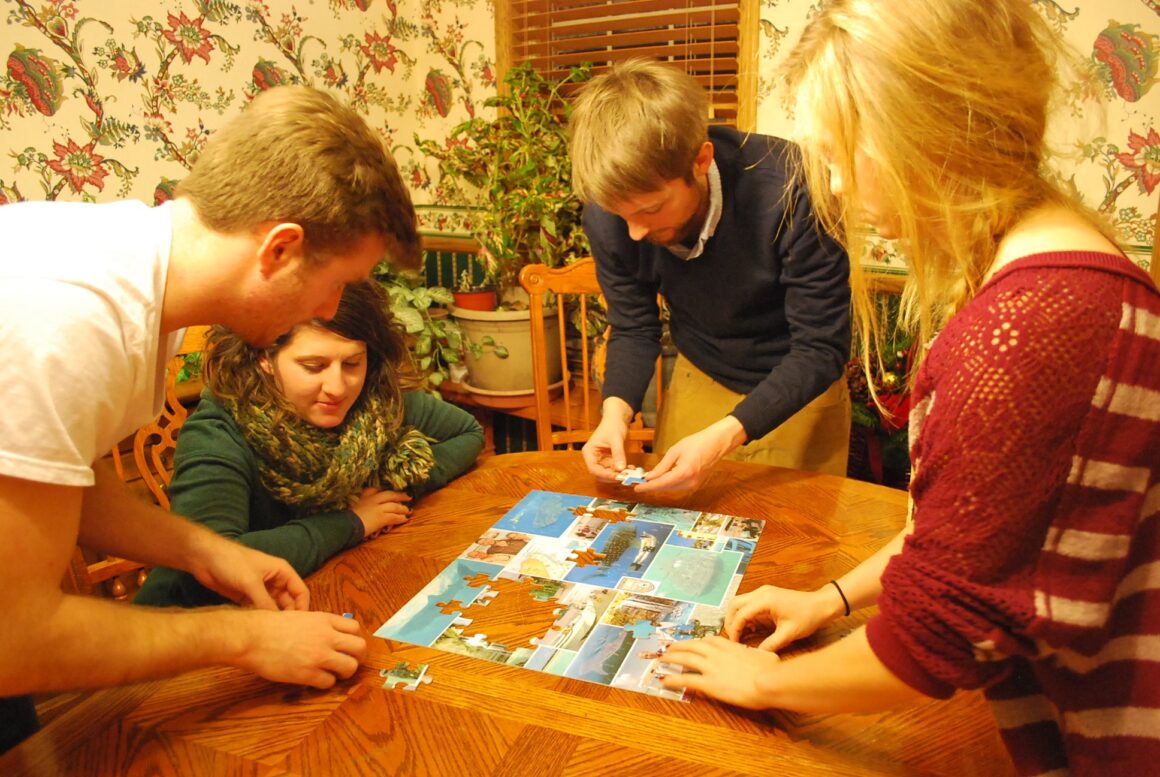
Mathematical abilities that children may acquire and improve via activities have spillover effects in other subjects. ‘They can benefit youngsters with problem-solving, logical thinking, mental fluency, tenacity, failure tolerance, and even language use,’ Liz explains. ‘These abilities are applicable across the curriculum, not only in arithmetic,’ says the author.
8. Puzzles debunk the myth that educational courses are inordinately difficult
Did you know that a lot of adults don’t want to pursue educational-related careers because they believe they are too difficult? This misunderstanding can have a negative impact on how children see these disciplines and lead them to believe that pursuing careers in these sectors is impossible. Educational puzzles can help children recognise these misunderstandings by assisting them in realizing that the number of educational-related concepts is more than it appears.
Introducing educational concepts early on through the use of educational puzzles might help children gain confidence in their ability to grasp these subjects. When children participate in these types of activities, they have a better understanding that mastering math and science is a realistic goal.
9. Puzzles encourage creative thinking
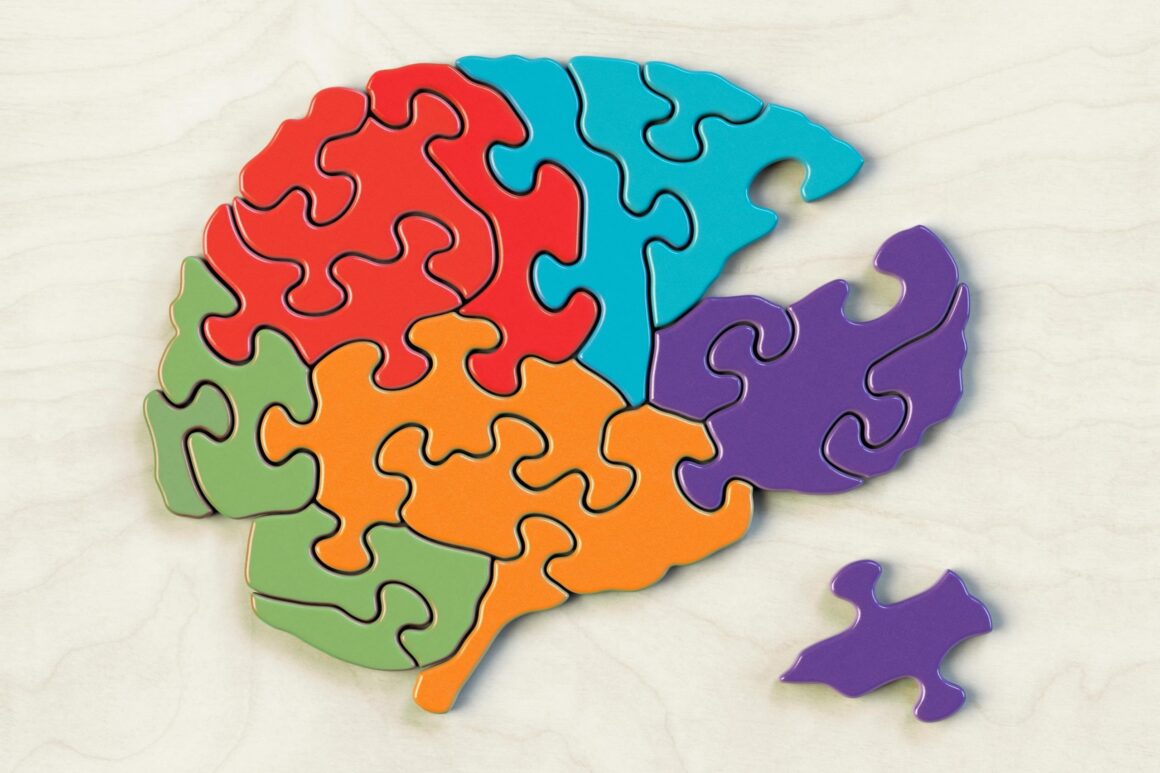
What could be better than encouraging children to imagine larger in order to create something unique? Participating in educational-based activities provides children with numerous opportunities for creative reasoning, which aids them in developing skills in the areas of critical thinking, spatial thinking, and inventing ideas. From there, the sky’s the limit. It also helps kids gain confidence in their accomplishments and motivates them to keep learning.
10. Puzzles are excellent for honing mental skills
Educational puzzles can help children develop mental talents such as rational thinking, critical thinking, and conclusive reasoning. Educational activities demonstrate to children that there is more to learning than memorizing numbers. Children develop important skills that will benefit them throughout their life. They provide sufficient opportunities for children to ponder, examine a situation, and devise the best approach or arrangement.
11. Puzzles need precise coordination of motions
The advantage of using educational puzzles, according to experts, is that they provide children with excellent opportunities to further enhance their dexterity and adroitness. Demonstrating how to work with blocks and solve puzzles can help youngsters improve their fine motor skills and build confidence in their physical and intellectual abilities.
12. Learning is more enjoyable when you use puzzles
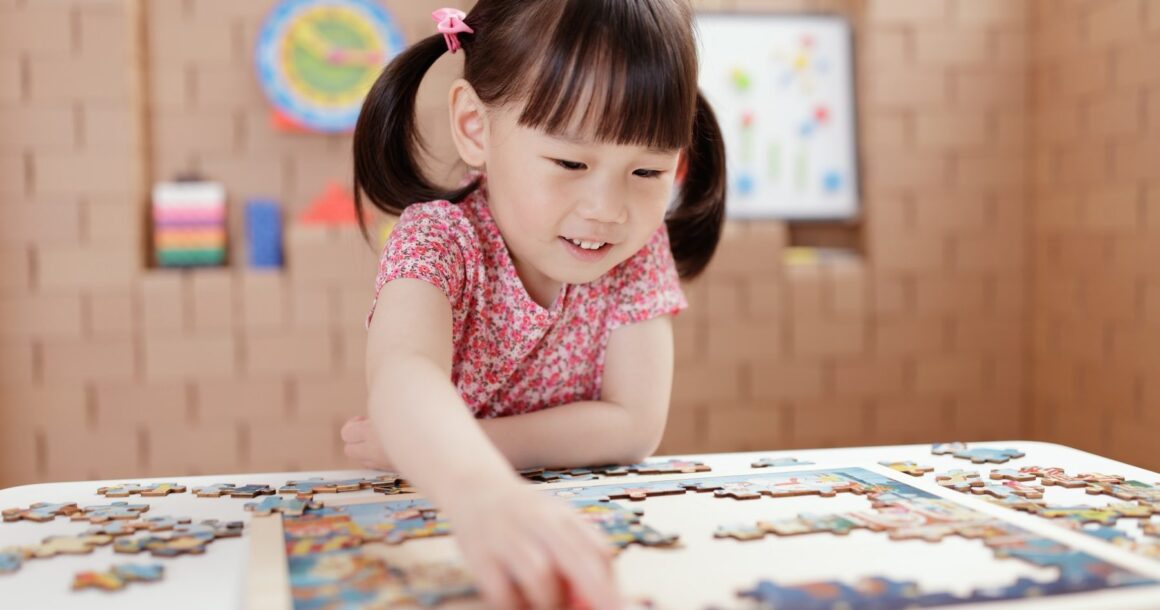
Who says learning has to be difficult? By interacting with educational puzzles, children are more likely to become interested in and enthusiastic about these fields of study. They are also likely to associate science and math with a greater sense of possibility, enjoyment, and transparency. Whether youngsters are studying fundamental arithmetic concepts or constructing a challenging scientific project, educational puzzles may make learning and recess more enjoyable.
13. Puzzles are fantastic for strengthening the link between parents and children
We as parents sometimes forget that we play an important role in our children’s development as well. The study focuses on demonstrating that parents who constantly participate in their children’s education have children who perform better academically. So why not do a few in-depth studies with your child at home using common household items (such as water bottles)? It’s not only a fantastic way to make learning intuitive, but it’s also a fantastic way to bring the entire family together.
